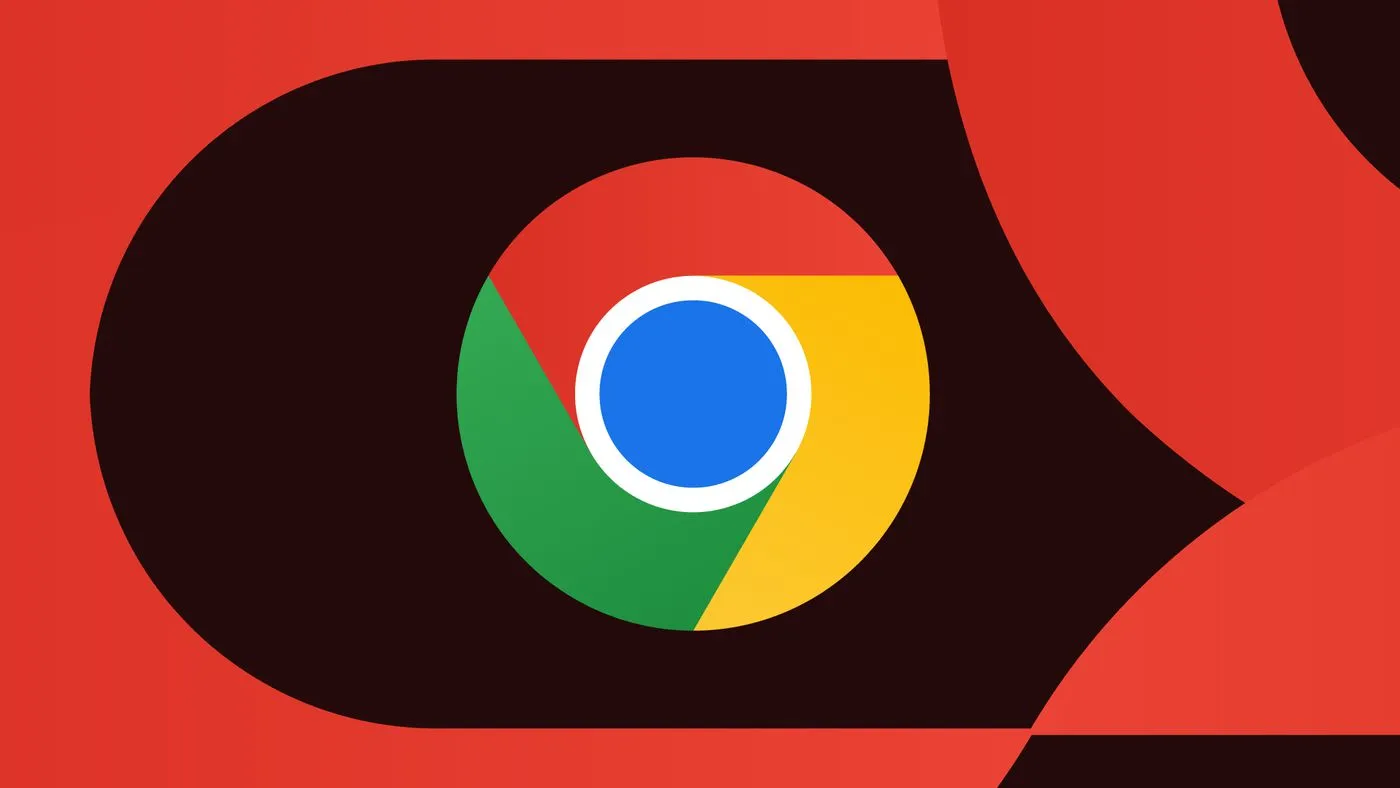Google Chrome Phasing Out uBlock Origin Amid Manifest V3 Transition

Google Chrome's Transition to Manifest V3
Google Chrome has commenced the process of phasing out uBlock Origin, as it shifts towards Manifest V3, a new extension specification that significantly impacts ad blockers. The developer Raynond Hill recently shared information indicating that the Chrome will automatically disable uBlock Origin for being no longer supported.
Introducing uBlock Origin Lite
In response to these changes, uBlock Origin has rolled out uBlock Origin Lite, which complies with Manifest V3. However, this extension must be installed manually by users as it differs too greatly from the original for an automatic transition.
Understanding the Manifest
- Manifest: Provides key details about extensions, including permissions and compatibility with browser versions.
- The new Manifest V3 does not permit loading code from remote servers, limiting the capabilities of extensions.
Performance Implications
Users might notice performance differences with uBlock Origin Lite, mainly when engaging with various websites and depending on how the original is configured. Due to compliance with the restricted Declarative Net Request API, the Lite version might fall short in filtering capabilities.
Google's Adoption of Manifest V3
According to Google, as of now, over 93% of actively maintained extensions in the Chrome Web Store are already leveraging Manifest V3, ensuring that top content filtering tools like AdBlock also have compatible versions available.
Looking Ahead
Google plans to complete the full rollout of Manifest V3 by early 2025, which necessitates the gradual phasing out of Manifest V2 extensions.
This article was prepared using information from open sources in accordance with the principles of Ethical Policy. The editorial team is not responsible for absolute accuracy, as it relies on data from the sources referenced.